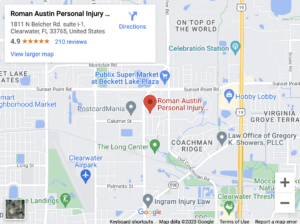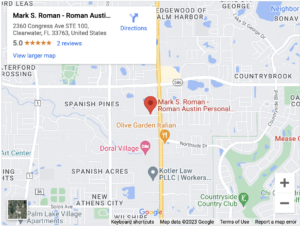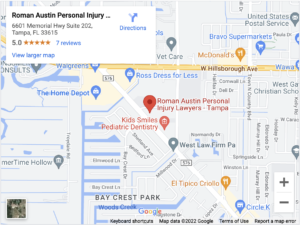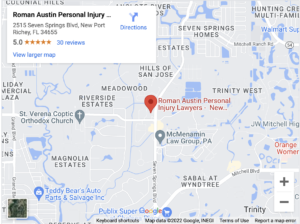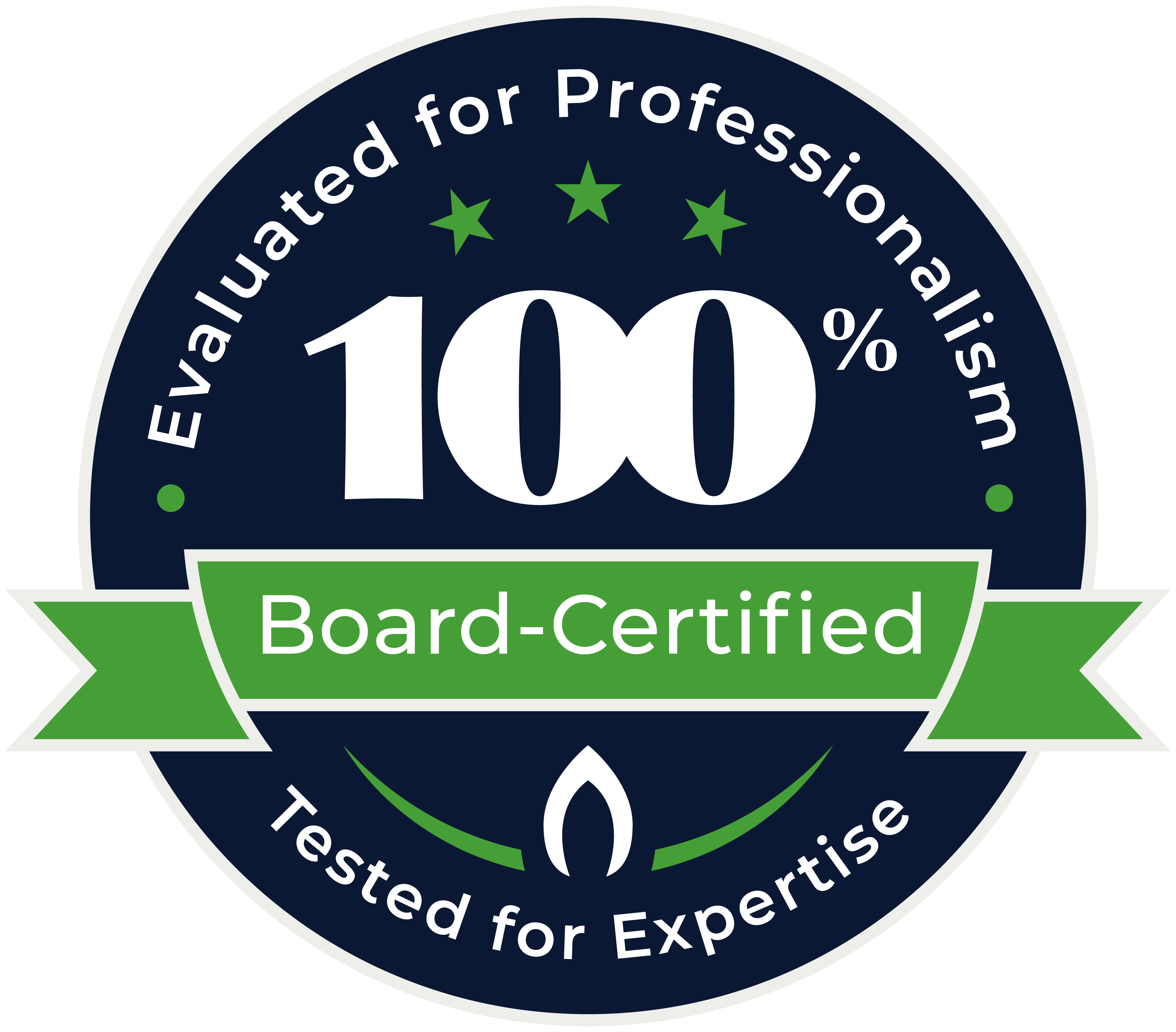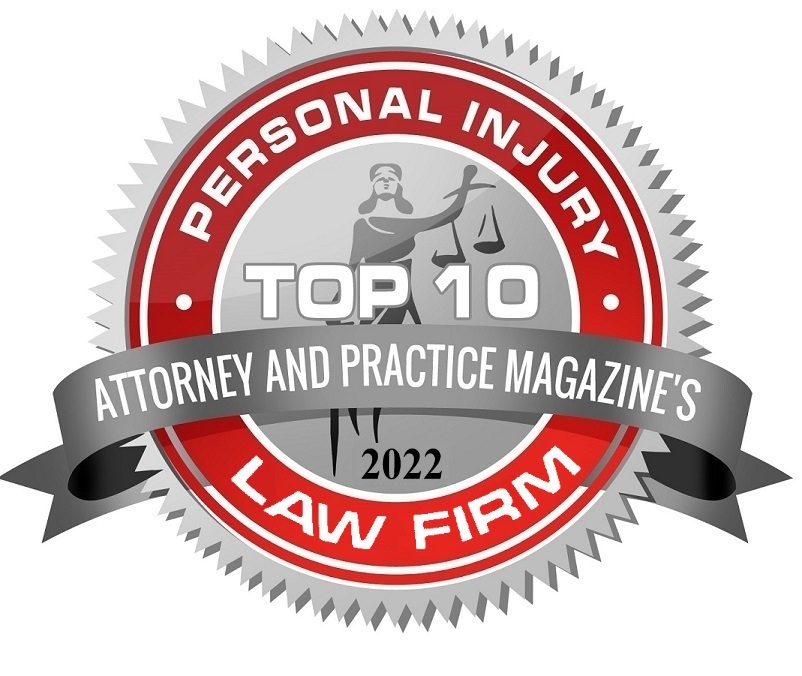Will My Personal Injury Case Go to Trial?

Personal injury cases can be complex and unpredictable, with each having unique circumstances dictating whether it will be resolved through settlement negotiations or proceed to trial. Statistically, the vast majority of cases do not reach trial; cases can still settle even after a lawsuit is filed, and most don’t even make it to court in the first place.
The trajectory of a case isn’t always clear right at the beginning, but understanding the factors that could potentially lead your case to trial is helpful for strategy and to mentally prepare yourself for what lies ahead.
Factors That Influence if Your Case Will Go To Trial
Every personal injury case comes with its own unique set of circumstances influencing whether it will go to trial. Some of the most common factors that determine the outcome of this decision include the following:
Complex Liability or Dispute Over Fault
Cases that involve intricate matters of law or where the involved parties have significantly different narratives about what happened are more likely to go to trial. If there is no agreement as to who was at least mostly liable in an accident, there could be no choice but to leave it to a judge or jury to decide.
Insufficient Settlement Offers
Sometimes, an individual might decide to push for trial due to receiving unsatisfactory compensation offers during negotiations from those at fault. If the offer doesn’t even come close to reimbursing you for your losses, it may be in your best interest to go to trial.
Strong Evidence and Confident Plaintiff
The availability of strong evidence supporting your claim often leaves you more comfortable sticking it out for what you rightfully deserve.
On the one hand, displaying strong evidence can put enough pressure on an insurance company to propose a reasonable settlement instead of gambling on how it could go at trial.
Alternatively, if you feel that enough compelling proof exists such that a jury would rule in your favor, you might prefer trying your chances through the litigation process, as you could end up with a higher payout.
Insurance Policy Limits
The insurance policy limits of the at-fault party play a large role in this determination as well.
All policies have limits on how much they will pay to injured parties as a result of their insured’s behavior. This limit will often determine whether you can reach an adequate settlement or must take your case to trial.
If you’re dealing with significant damages that exceed the policy limit, you may wish to file a lawsuit against the defendant to try to recoup your losses.
Time Constraints
The timeline within which you need to reach a resolution can greatly influence whether your personal injury case heads to trial or settles.
If a quick resolution is a priority for you – perhaps due to the financial strain provoked by the incident and related costs – a settlement would be in your best interest, as it is quicker and less stressful.
If you aren’t as concerned about the timeline and simply want to make sure you get what you’re entitled to, it could end up leading you to litigation.
Ultimately, each case is different and will need to be evaluated by your attorney to determine if a settlement is possible or if a trial is necessary and in your best interests.
Benefits of a Settlement
Making the decision to take a settlement offer instead of going to trial isn’t always straightforward, but it does have notable advantages:
Faster Resolution
Settlements are generally resolved faster than trials. This is because you eliminate court proceedings which consume significant time, allowing you to move on from this incident sooner.
Reduced Legal Costs
When looking into matters of cost, settlements might result in lower legal fees. Personal injury attorneys typically work on a contingency fee basis, meaning they take a portion of your settlement or verdict award as their fee. Many attorneys will take a lower percentage if the case is settled as opposed to going to trial.
Greater Control Over Outcome
By choosing to settle, you retain more control over the outcome of your case. You negotiate back and forth with the other party until you reach an agreement that is satisfactory for you, avoiding an unpredictable jury verdict.
Confidentiality
Unlike trials that are entered into public record and are open to anyone’s observation, settlements provide a degree of privacy where the terms agreed upon can be kept confidential between involved parties.
Reduced Stress
Another advantage of reaching a settlement is the reduction in stress levels. Trials involve intense scrutiny, confrontation, and uncertainty; they can also last for many months or even years.
Opting to settle your personal injury case avoids these factors and provides closure sooner. You won’t be dealing with constant communication with lawyers or going through exhausting litigation proceedings, which can be overwhelming and damaging to your overall well-being.
Benefits of a Trial
Going to trial for your personal injury case may at first seem intimidating or stressful. However, it does offer certain benefits as well, including:
Public Accountability
Trials are conducted in a public forum where both sides can tell their version of the story fully and with transparency. If you are successful, the defendant will face potential consequences beyond being required to pay damages, like damage to their reputation and public accountability, which is important to some plaintiffs.
Chance for Punitive Damages
In cases displaying gross negligence or intentional misconduct leading to your injuries, opting for a trial gives you room to argue that you should be awarded punitive damages. Unlike compensatory damages designed to reimburse actual losses, the purpose of punitive damages is to punish the defendant for their egregious behavior and deter others from engaging in similar conduct.
Opportunity for More Compensation
Opting for a trial might present an opportunity to secure more comprehensive and tailored compensation. The proceedings allow for your lawyer to personally explain the specifics of your injuries and losses and share the ongoing consequences of your injury.
A jury is likely to be more sympathetic than an insurance company and could end up awarding you significantly more compensation than you’d receive in a settlement.
Resolution of Complex Cases
For more intricate personal injury cases, a trial can serve as an effective way to untangle the complexities. This can be particularly beneficial when dealing with multiple defendants who each hold partial liability or where the determination of fault is simply not cut and dry and partially falls on you as the victim.
Contact a Clearwater Personal Injury Lawyer for Guidance
The question of whether your personal injury case will go to trial hinges on several factors. In any scenario, it’s crucial to engage an experienced legal professional who can analyze the specifics and merits of your claim.
For help with your case, don’t hesitate to contact us today at (727) 787-2500 to schedule a free consultation with an experienced Clearwater personal injury attorney from Roman Austin Personal Injury Lawyers.

